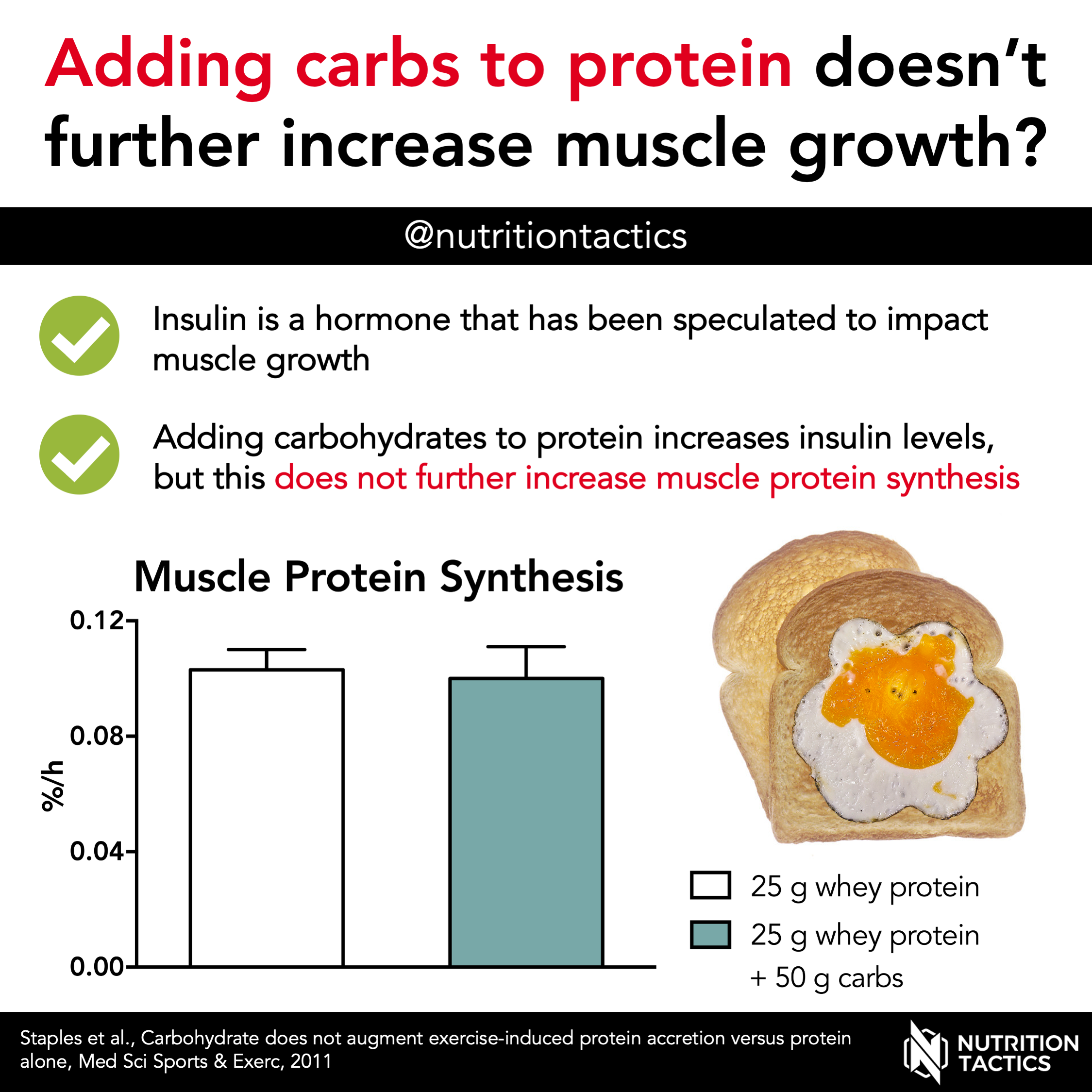Effective Ways to Use Carbohydrates for Muscle Building in 2025: A Comprehensive Guide
Carbohydrates play a crucial role in muscle building, especially for athletes and fitness enthusiasts. In 2025, understanding how to effectively use Kohlenhydrate für Muscleaufbau can optimize energy levels, enhance performance, and support recovery. This article delves into the significance of carbohydrates for muscle growth, energy provision, and overall fitness. We will explore the best carbohydrate sources, timing of consumption, and strategies for integrating carbs into your diet to maximize muscle gain.
As we journey through this guide, we’ll discuss key factors, including glykogen-Speicher auffüllen (replenishing glycogen stores), the optimal intake of gesunde Kohlenhydrate, and Kohlenhydrate und Proteine (carbohydrates and proteins) for strength training. Whether you are an amateur athlete, a seasoned bodybuilder, or just starting your fitness journey, this roadmap will provide essential insights into carbohydrate utilization. By the end, you’ll be equipped with practical tips for incorporating carbohydrates into your diet for effective muscle building.
Understanding the Role of Carbohydrates in Muscle Growth
To appreciate the importance of carbohydrates in muscle building, we must first explore their role as a primary energy source during workouts. Carbohydrates are converted into glucose, which fuels your body during exercise. This energy is vital not only for performance but also for recovery and muscle repair.
Why Carbohydrates are Essential for Muscle Building
Carbohydrates are fundamental to muscle growth for several reasons. They enhance performance, enabling longer and more intense workouts by providing adequate energy. Additionally, post-exercise carbohydrate intake is critical for replenishing glycogen stores, thus speeding up recovery. As athletes engage in rigorous training, their bodies rely heavily on carbohydrates to meet energy demands.
The Connection Between Carbohydrates and Glycogen Storage
When consumed, carbohydrates are stored as glycogen in muscles and the liver. Adequate glycogen levels are essential for maintaining high performance during workouts. Insufficient glycogen can lead to fatigue and decreased workout efficiency. Thus, understanding Glykogenpufferung is crucial for anyone focused on serious muscle gain.
Timing Your Carbohydrate Intake
The timing of carbohydrate intake significantly impacts muscle growth and performance. Consuming the right amount of carbohydrates before and after workouts can optimize energy levels and enhance recovery. For instance, pre-workout carbs provide necessary fuel, while post-workout intake helps replenish depleted glycogen stores. This strategy is vital for individuals aiming for effective Nahrungsaufnahme nach dem Training.
Choosing the Right Carbohydrates
Not all carbohydrates are created equal. Focusing on gesunde Kohlenhydrate from whole foods like whole grains, fruits, and legumes can maximize nutrient intake. These options provide not only energy but also essential vitamins and minerals that support overall athletic performance. Here’s where Vollkornprodukte und Muskelaufbau come into play, as they promote a steady release of energy.
Common Mistakes with Carbohydrate Consumption
Many athletes fall into the trap of consuming excessive sugars or refined carbohydrates, which can lead to energy spikes followed by crashes. Understanding the importance of Alternativen zu Zucker can help maintain steady energy levels without compromising health. Strategies like reading labels and choosing whole food options are essential for appropriate Kohlenhydrataufnahme.
Utilizing Carbohydrate Cycling for Muscle Gain
Carbohydrate cycling is a strategic approach to managing carb intake based on training intensity and goals. This method allows athletes to consume more carbs on high-intensity training days and fewer carbs on rest days.
What is Carbohydrate Cycling?
Carbohydrate cycling involves alternating between high and low carbohydrate intake days. This strategy can aid in maximizing muscle gain while promoting fat loss. Understanding the Makronährstoffverteilung involved is essential for developing a successful carb-cycling plan tailored to individual needs.
Implementing Carbohydrate Cycles
To implement carbohydrate cycling effectively, start by assessing your training schedule and energy requirements. Plan high-carb days around intense workout sessions to fuel performance, while reserving low-carb days for rest or light training days. This method not only helps with muscle gain but also keeps body fat levels in check.
The Impact on Hormonal Response
Carbohydrate cycling can also positively influence hormonal responses in the body. By manipulating carb intake, you can enhance insulin sensitivity, promoting better nutrient absorption and muscle recovery. The balance of Bedeutung von Insulin in your diet cannot be overstated—knowing how insulin works in relation to carbohydrates and muscle building is essential.
Potential Advantages and Drawbacks
While carbohydrate cycling offers various benefits, it’s crucial to understand potential drawbacks. For some athletes, constant changes in carbohydrate intake could lead to confusion or difficulty in maintaining consistent energy levels. Therefore, gradual changes and careful monitoring are essential for optimizing results.
Ideal Carbohydrates for Pre- and Post-Workout Nutrition
Choosing the right carbohydrates for pre- and post-workout nutrition can significantly affect performance and recovery. Proper timing and food choices are vital for maximizing gains.
Best Carbohydrate Sources Before Workouts
For pre-workout nutrition, select easily digestible carbohydrates that provide quick energy. Options like bananas, oatmeal, or a carbohydrate-rich smoothie are excellent choices. These foods give a boost without causing discomfort during workouts.
Top Post-Workout Carbohydrate Options
After intense training, prioritize carbohydrates that rapidly replenish glycogen stores. Foods such as sweet potatoes, rice, or even a protein shake mixed with Traubenzucker für Krafttraining can be effective. Including protein in your post-workout meal is essential for muscle repair and growth.
Importance of Balancing Carbohydrates and Proteins
Combining carbohydrates with proteins enhances recovery and muscle synthesis. This synergy aids in repairing muscle tissue damaged during workouts. A balanced ratio of Kohlenhydrate und Proteine optimizes the recovery process, thus playing a crucial role in your Ernährung bei Muskelaufbau.
Hydration and Nutrient Timing
Hydration plays a critical role during pre- and post-workout nutrition. Alongside carbohydrates, adequate fluid intake is vital for maximizing performance and recovery. Moreover, optimizing Nahrungsaufnahme nach dem Training ensures nutrient absorption, leading to better outcomes in muscle building.
Common Carb-Related Myths in Fitness
Many myths around carbohydrates can hinder progress in muscle building. Debunking these misconceptions is crucial for athletes and fitness enthusiasts alike.
Myth 1: Carbs Make You Fat
A prevalent myth is that carbohydrates inevitably lead to weight gain. In reality, it is the overall calorie balance that contributes to weight management. Understanding the Kalorienbedarf im Muskelaufbau is vital for your dietary strategy.
Myth 2: All Carbohydrates are Unhealthy
Not all carbohydrates are bad; the quality of carbs matters. Focusing on gesunde Snack-Optionen and whole food choices provides essential nutrients while supporting muscle growth. Avoiding processed sugars and prioritizing whole grains can foster better health outcomes.
Myth 3: Carbs Should Be Eliminated from the Diet
Eliminating carbs from your diet can compromise performance and recovery. A well-rounded diet that includes proper Kohlenhydrate für Kraftsport is critical for any athlete.
Concluding Thoughts on Carbohydrates for Muscle Building
In summary, understanding effective ways to use carbohydrates can lead to significant improvements in muscle growth, recovery, and athletic performance. By strategically incorporating Kohlenhydrate in der Sporternährung, athletes can maximize their training effects and achieve their fitness goals. Focus on the quality and timing of carbohydrate intake, and remember that balance is key in any nutritional strategy. For more detailed nutrition plans and advice, explore links to further topics on fitness and nutrition strategies and healthy eating for athletes.


